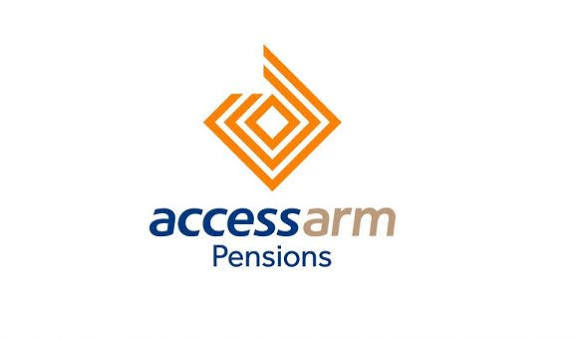Maritime stakeholders have endorsed the reintroduction of the International Cargo Tracking Note at Nigerian ports, describing it as a significant step for the industry.
Speaking at a Maritime Reporters Association of Nigeria event in Apapa, they emphasized its role in enhancing cargo transparency, boosting revenue, and improving security.
Stakeholders emphasized that the reintroduction of ICTN is crucial for enhancing transparency, curbing illicit trade, and strengthening Nigeria’s global maritime standing.
Some argued that the Nigerian Shippers’ Council should be adequately empowered to oversee and facilitate the ICTN’s implementation, ensuring its effectiveness and long-term success.
Speaking during the event, the Executive Secretary of the Nigerian Shippers’ Council, Dr. Pius Akutah, emphasised that the ICTN is not a new initiative to the NSC.
Represented by the Director of Consumer Affairs at the council, Celestine Akujobi, the ES explained that the council had successfully managed it in the past before it was suspended.
Akutah reaffirmed that the agency is fully prepared to implement the International Cargo Tracking Note efficiently, ensuring it delivers benefits to shippers, the government, and the overall economy.
According to Akutah, the ICTN is primarily a trade facilitation tool, not just a revenue-generating initiative.
“The NSC is committed to implementing it in a way that enhances efficiency, reduces costs, and strengthens national security. The system is not a duplication of the NCS role; rather, it complements existing frameworks, as evidenced by previous collaborations between the NSC, Customs, and the Central Bank of Nigeria,” he said.
He noted that the ICTN is not new to the Nigerian Shippers’ Council, stating
“It has been operated before, but it was suspended; we are aware of that.”
Also speaking, Assistant Comptroller General of Customs, Charles Orbih, emphasised that cargo tracking is indispensable for national security.
He cited numerous seizures of illicit arms and drugs at Nigerian ports and highlighted how ICTN would provide critical intelligence to intercept contraband before it enters the country.
“We must rise to the clarion call of protecting our borders. Forget the cost implications; security comes first. The ICTN will allow us to track cargo digitally and scientifically, ensuring that threats are neutralised before they pose harm,” he affirmed.
The head of research at Sea Empowerment and Research Centre, Dr. Eugene Nweke, emphasized that Nigeria cannot afford to lag in global trade facilitation, highlighting the importance of adopting modern cargo tracking systems like the ICTN to enhance efficiency and competitiveness.
“America has adopted advanced cargo tracking, and many African nations have implemented ICTN. Nigeria must follow suit to enhance revenue collection, trade efficiency, and security. The NSC must be empowered to oversee this process to ensure effective monitoring and compliance,” he stated.










